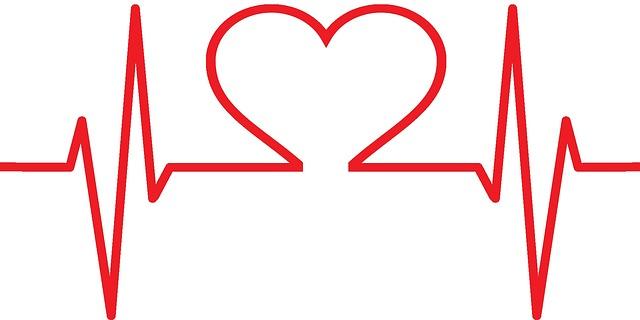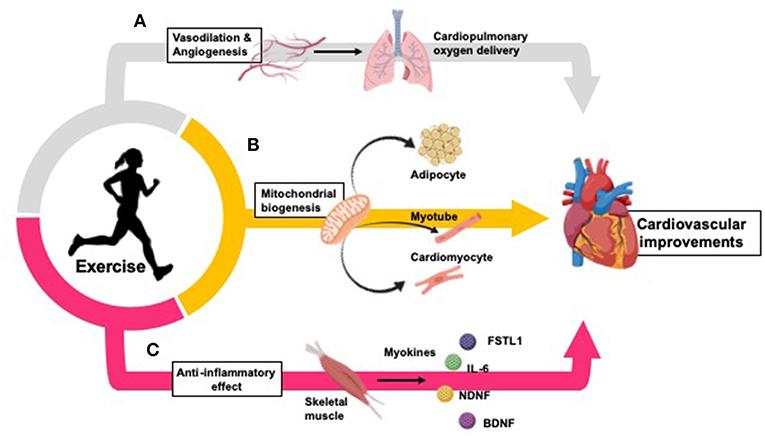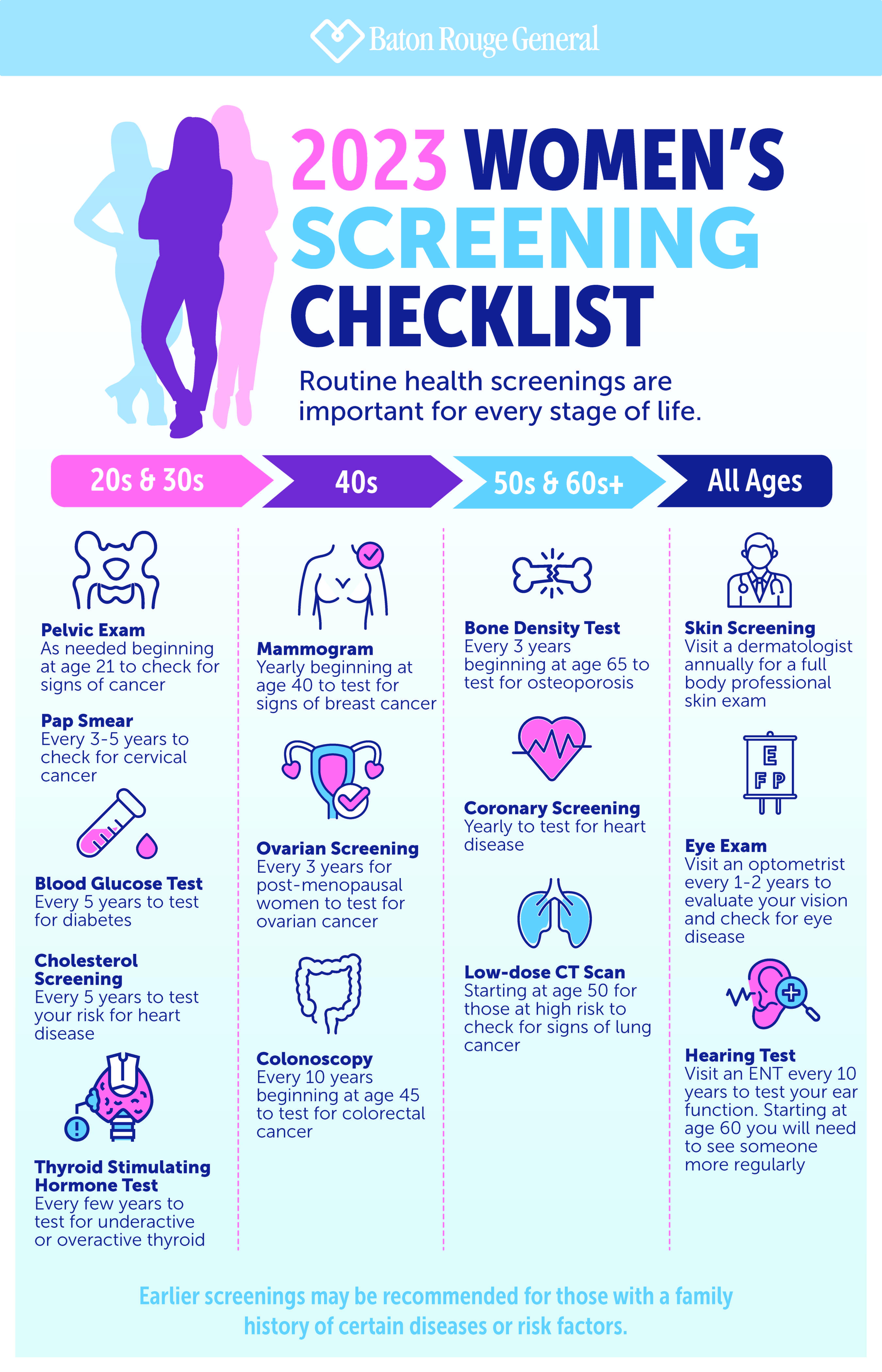In the symphony of human life, the heart plays the central melody, orchestrating the rhythm of our existence. Yet, in the bustling cadence of modern living, this vital organ often finds itself under siege. Heart disease, a silent adversary, has emerged as one of the most formidable challenges to our well-being. But what if the keys to a healthier heart were not hidden in the pages of complex medical journals, but rather in the simple, everyday choices we make? This article delves into the art of prevention, exploring the proactive steps each of us can take to shield our hearts from harm. By embracing a lifestyle that nurtures and protects, we not only enhance our own life’s symphony but also contribute to a broader harmony of health and vitality. Join us as we unravel the essential strategies to fortify your heart and pave the way for a future free from the shadows of heart disease.
Nourishing Your Heart with a Balanced Diet
Adopting a heart-friendly diet is essential for maintaining cardiovascular health. Prioritizing foods that are rich in nutrients and low in harmful fats can significantly contribute to your overall well-being. Incorporate a variety of colorful fruits and vegetables into your meals, as they are packed with antioxidants and fiber that help reduce inflammation and cholesterol levels. Opt for whole grains instead of refined grains to ensure you’re getting enough fiber, which is crucial for heart health.
- Healthy Fats: Choose sources like avocados, nuts, and olive oil, which provide essential fatty acids.
- Lean Proteins: Integrate fish, poultry, and legumes into your diet to support muscle function without the saturated fats found in red meat.
- Limit Sugar and Salt: Reducing these can prevent high blood pressure and reduce the risk of heart disease.
By consciously selecting the right foods, you can nourish your heart and enjoy a balanced lifestyle. Making small, sustainable changes to your eating habits can lead to significant improvements in your heart health over time.

The Power of Physical Activity in Cardiovascular Health
Engaging in regular exercise plays a pivotal role in maintaining a healthy heart. It not only helps in lowering blood pressure but also reduces harmful cholesterol levels, contributing significantly to cardiovascular health. Physical activity encourages the heart to function more efficiently, allowing it to pump blood more effectively throughout the body. This enhanced efficiency can lead to improved oxygen circulation, which is crucial for overall well-being.
Consider incorporating a variety of activities into your routine to reap maximum benefits. Here are some effective exercises for heart health:
- Aerobic exercises: Activities like walking, jogging, cycling, and swimming increase heart rate and improve cardiovascular endurance.
- Strength training: Incorporating weights or resistance bands can help build muscle, which aids in burning calories and improving metabolism.
- Flexibility and balance: Yoga and tai chi not only enhance flexibility but also reduce stress, which is beneficial for heart health.
Remember, consistency is key. Even modest amounts of regular physical activity can lead to substantial health benefits over time, helping you keep heart disease at bay.
Managing Stress for a Healthier Heart
In the quest for a healthier heart, stress management plays a pivotal role. Chronic stress is a silent adversary, subtly increasing the risk of heart disease by elevating blood pressure and promoting unhealthy habits. To foster a heart-friendly lifestyle, it’s essential to embrace techniques that alleviate stress and bolster mental well-being.
- Mindfulness and Meditation: Engaging in mindfulness practices can significantly reduce stress levels. Allocate a few minutes daily to focus on your breath and embrace the present moment, allowing your mind to release tension.
- Regular Physical Activity: Exercise acts as a natural stress reliever. Incorporate activities such as walking, yoga, or dancing into your routine to boost endorphin levels and enhance heart health.
- Healthy Social Connections: Cultivate relationships that offer support and positivity. Sharing your thoughts and feelings with trusted friends or family can provide comfort and reduce stress.
- Balanced Nutrition: A diet rich in fruits, vegetables, and whole grains not only nourishes the body but also stabilizes mood and energy levels, helping to mitigate stress.
By integrating these strategies into your daily life, you can create a resilient buffer against stress, paving the way for a healthier heart and overall well-being.

Regular Health Screenings as a Proactive Measure
In the journey towards maintaining a heart-healthy lifestyle, regular health screenings stand as a vital cornerstone. These proactive measures allow for the early detection of risk factors such as high blood pressure, cholesterol levels, and diabetes, which are critical in the prevention of heart disease. Routine check-ups not only provide a snapshot of one’s current health status but also offer insights into potential future health challenges, enabling individuals to take timely action.
- Blood Pressure Monitoring: Keeping track of blood pressure levels can help prevent heart strain and related complications.
- Cholesterol Testing: Identifying high cholesterol early allows for dietary and lifestyle adjustments before it leads to more severe issues.
- Blood Sugar Levels: Monitoring these can prevent diabetes, a major risk factor for heart disease.
- Body Mass Index (BMI): Regular assessments can aid in maintaining a healthy weight, reducing the burden on the heart.
By incorporating these screenings into one’s routine healthcare regimen, individuals can empower themselves with knowledge and tools necessary for a healthier, heart-conscious life. Embracing these steps is not just about prevention but also about taking charge of one’s overall well-being.








